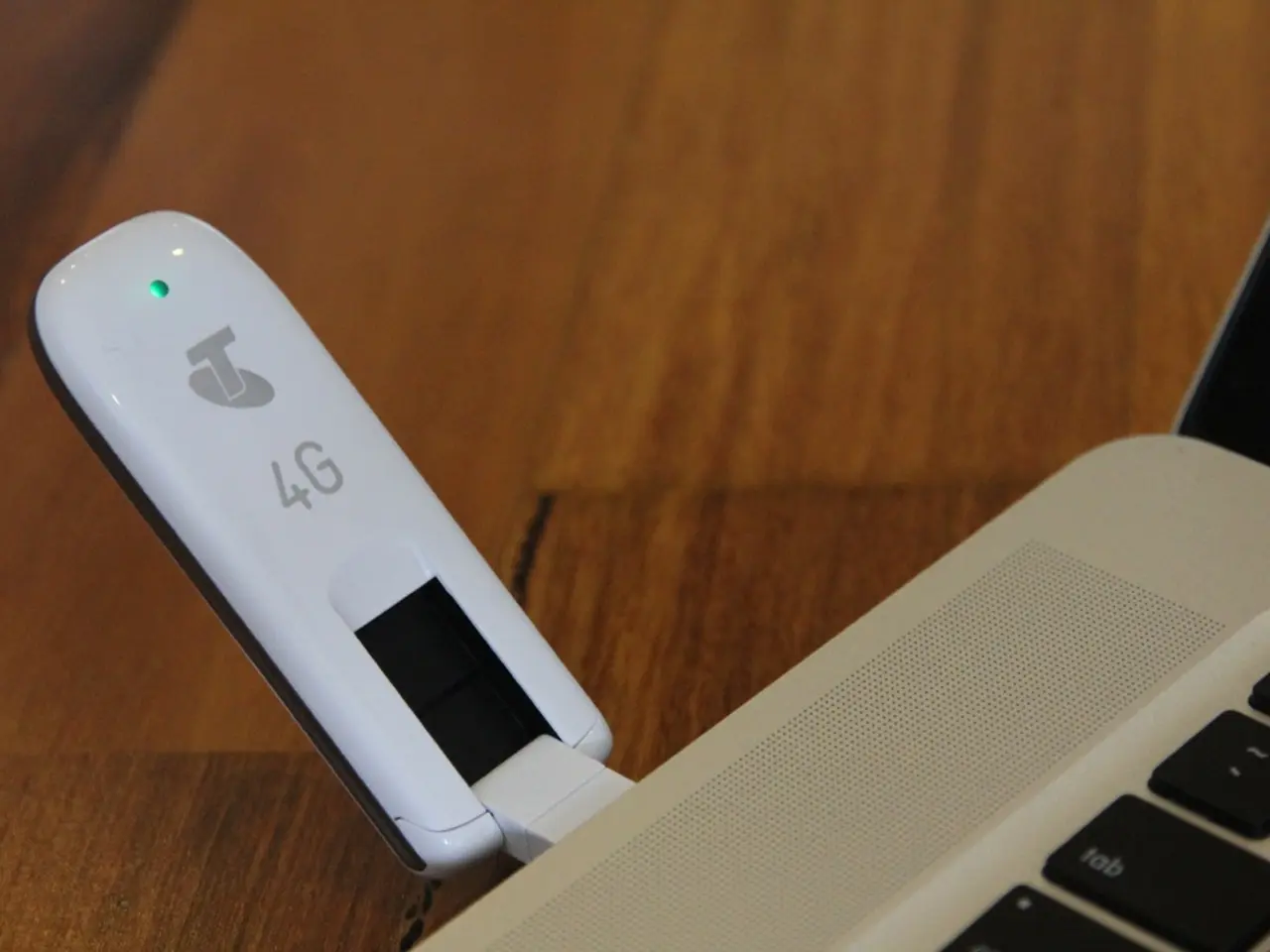Private space technology organization Apolink secures $4.3 million in funding to enhance its satellite communication capabilities.
Apolink, a space-tech startup founded by 19-year-old Onkar Singh Batra, is set to revolutionise satellite connectivity in low Earth orbit (LEO) with its innovative real-time connectivity network. The ambitious project aims to provide continuous links for LEO satellites worldwide, addressing the persistent problem of communication blackouts that occur when satellites go offline during parts of their orbit due to "dead zones."
The network's concept revolves around deploying multiple orbital rings, each capable of handling up to 256 satellites simultaneously, ensuring that satellites stay connected regardless of their position in orbit. This method effectively eliminates communication blackouts by covering the entire orbital path with overlapping connectivity nodes.
Apolink recently raised $4.3 million in an oversubscribed seed round at a $45 million post-money valuation. The funding, backed by prominent investors such as 468 Capital, Unshackled Ventures, Rebel Fund, Maiora Ventures, Laura Crabtree (CEO of Epsilon3), Benjamin Bryant (co-founder of Pebble Tech), and Kanav Kariya (president of Jump Crypto), will support the rapid development and deployment of this real-time connectivity infrastructure.
While exact timelines for commercial deployment haven't been explicitly detailed, the funding and backing by major investors suggest an aggressive push to bring this continuous connectivity solution to market soon. Given the startup's founding in 2024 and rapid fundraising success by mid-2025, a commercial rollout is likely planned within the next few years as they build out the network.
Apolink's network aims to provide **uninterrupted, real-time communication for LEO satellites by eliminating orbital dead zones through a scalable, orbital relay station system**, with a commercial launch expected to follow the recent successful funding round that supports rapid development and deployment.
Batra, who created India's first open-source satellite named InQube in 2022, first developed an interest in space in 2020 at the age of 14. He has also taught space ecosystems to engineering students as a guest professor at IIT Jammu in 2022 and 2023.
Notably, Apolink does not require an optical terminal for connectivity, unlike other companies, and has secured over $140 million in letters of intent from companies in Earth observation, communications, and spatial data. The startup's first demo mission is planned for a SpaceX rideshare in 2026, with a second demo mission scheduled for 2027, and a full commercial rollout by 2029.
In conclusion, Apolink's innovative real-time connectivity network has the potential to transform the satellite communication industry by providing continuous, uninterrupted links for LEO satellites, thereby addressing a long-standing problem in space communications. The company's rapid fundraising success and backing by major investors indicate a promising future for this groundbreaking technology.
Science and technology play crucial roles in Apolink's mission to revolutionize satellite connectivity in low Earth orbit (LEO). The startup employs advanced technology in its real-time connectivity network, which aims to provide uninterrupted, real-time communication for LEO satellites by eliminating orbital dead zones through a scalable, orbital relay station system.




